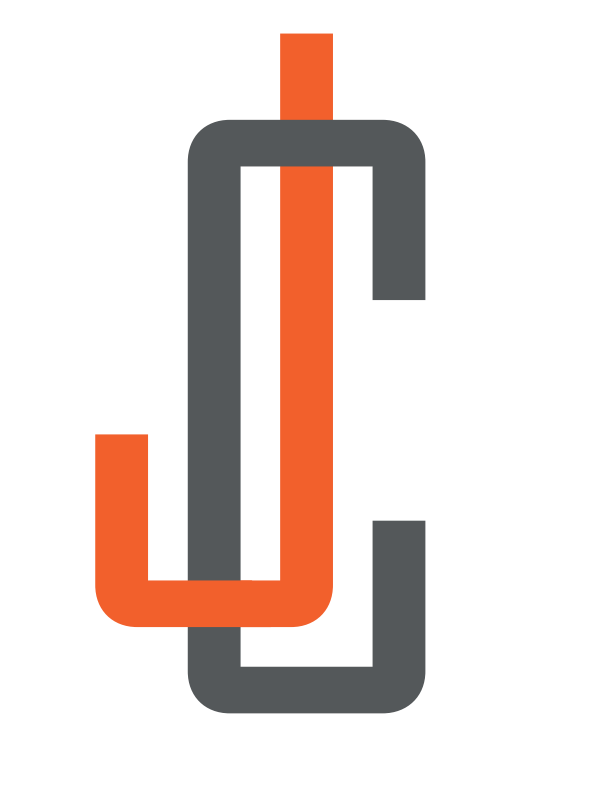Editor’s perspective by Julie Crisp: So I did a blog piece last week about the types and styles of editing there were. I concentrated predominantly on traditional publishing editors because that’s what I’d spent the last fifteen years doing!
Here I go into a bit more detail about what I used to do with an editorial report. Firstly I’d read the script once to get a broad spectrum view of what needed doing to it. A lot of this is instinctive, you get a feeling after a while whether the ebb and flow of the storyline is working, whether the characters are well-developed enough, whether there are too many loose threads or – as many debut authors tend to do – they've crammed all their ideas into a single book. :-) I’ll take a few notes as I go. Dwell on it for 24 hours or so. Then start the editorial work proper.
I’ll go through on a line by line basis. At times I’ll rework whole sentences or cut paragraphs. This has become much easier with the onset of on-line editing. I’ll always try to give a reason as to why this is being done. It’s up to the author whether they agree with me or not. Unless it’s a matter of grammar versus style. Then there’s a bit of a debate. But I’ll never force my opinion on an author – I try to make it a collaborative discussion. There's no ego in editing. There can't afford to be.
I’ll also make editorial comments in the margins. They’re predominantly questions: did you mean this to happen? How about we do it this way? Have you thought about this aspect? I’ll try to encourage the author to look at things with a fresh perspective and see the book from the reader’s point of view. Sometimes the author has the entire story, plus backstory in their own heads but it might not be clear enough on the page. But my suggestions are just that. At the end of the day I want the author to come up with their own fixes and wording, as it will feel more natural than if I try to rewrite something that's not mine.
I also offer constructive criticism. There’s nothing worse for an author to have reams and reams of notes saying ‘fix this’, ‘this doesn’t work’, ‘do it this way’. Instead you mix the notes with positives like ‘I really like the way this has been done’ with ‘maybe we could try this differently?’. I suppose there’s a reasonable amount of psychology involved in editing. You don’t want to antagonise an author or manipulate them. It has to be a partnership and a shared endeavour or it doesn’t work. Thankfully all of my authors were lovely and the editorial process worked really well.
Author’s perspective by John Gwynne: Before my first novel, Malice, I’d had zero experience of the editing process. I didn’t know what to expect, and had only vague notions of what would be involved. I guess you could say that I was thrown in at the deep end.
Getting an editor is great. Amazing. It means that someone beyond your family and agent has read your work and connected to it. Loved it. Feels passionate about it. Not only is that a wonderful feeling, but it is really important if you’re going to work with this person on a book that has taken up years of your life. You have to trust them, trust that your creation is in safe hands.
Going into my first edit with Julie I had only hazy preconceptions - was it going to be a quick once over, or was it going to be a ‘tear it down and start all over again’ experience.
The reality was neither.
Looking back it was a daunting moment. Malice was my creation, my baby, and to pass it over to someone else with the sole purpose of appraising it with a critical eye is a hard thing to do. I felt very protective over Malice. I imagine most first-time novelists feel a similar way.
Julie was brilliant. Her editorial style is questions. At no point did she dictate or over-rule. Really the editing process with her was one long discussion. She’d ask questions about the world I’d created, about the characters, whether their choices were realistic, decisions made were in character, and those questions would make me reappraise, would highlight my inconsistencies, make me sharpen up the unclear and remove the unnecessary.
Speaking from my experience an editor is essential - as a writer, particularly on your first novel, it can be hard to see the wood from the trees. You can be too close to it. Julie’s editorial eye really helped Malice to shine, she didn’t so much polish it as scrub it until it gleamed. I can say with absolute certainty that Malice is a better book because of her, as are Valour and Ruin. And that’s the bottom line - your editor’s on your side, or more accurately, they're on the book’s side. You share the same goal, to make it as good as it can be.
John’s new novel Ruin is out Thursday 16th July.


